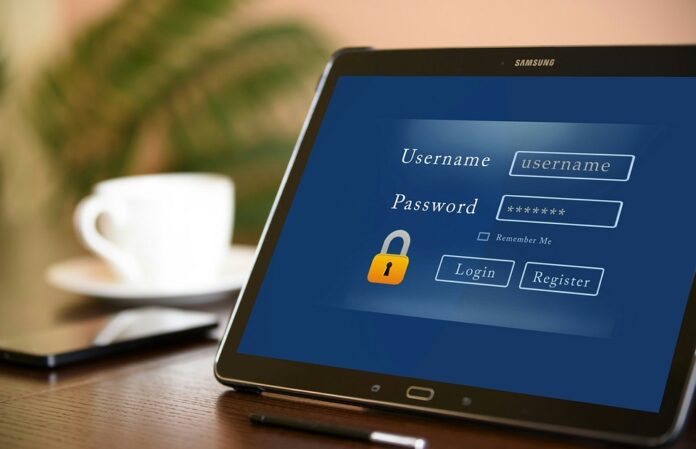In today’s digital age, the importance of data security cannot be overstated. With the increasing number of cyber threats and data breaches, businesses and organizations must prioritize the protection of their sensitive information. One of the most effective ways to ensure the security of your data is through continuous security testing.
Why Continuous Security Testing is Essential:
1. Proactive Approach to Security:
Continuous security testing is a proactive approach to identifying and remedying security vulnerabilities before they can be exploited by malicious actors. By regularly testing your systems and applications for potential weaknesses, you can stay one step ahead of cyber threats and protect your data from unauthorized access.
2. Identifying Vulnerabilities Early on:
Regular security testing allows you to identify vulnerabilities in your systems and applications early on, before they can be exploited by cybercriminals. By addressing these vulnerabilities promptly, you can prevent potential data breaches and minimize the risk of sensitive information being compromised.
3. Compliance with Regulations:
Many industries are subject to strict data protection regulations, such as GDPR or HIPAA, that require businesses to implement adequate security measures to protect customer data. Continuous security testing can help ensure compliance with these regulations and prevent hefty fines and penalties for non-compliance.
4. Fostering a Culture of Security:
Continuous security testing helps foster a culture of security within your organization by emphasizing the importance of data protection and cybersecurity. By regularly testing for vulnerabilities and taking steps to address them, you can demonstrate your commitment to ensuring the security of your data and earn the trust of your customers and partners.
5. Preventing Data Breaches:
Data breaches can have devastating consequences for businesses, including financial losses, reputational damage, and legal repercussions. Continuous security testing can help prevent data breaches by proactively identifying and addressing security vulnerabilities, reducing the risk of unauthorized access to sensitive information.
In conclusion, continuous security testing is essential for protecting your data in today’s digital landscape. By taking a proactive approach to security, identifying vulnerabilities early on, ensuring compliance with regulations, fostering a culture of security, and preventing data breaches, you can safeguard your sensitive information and maintain the trust of your stakeholders.
Frequently Asked Questions:
1. How often should I conduct security testing?
It is recommended to conduct security testing on a regular basis, such as quarterly or bi-annually, to ensure the ongoing protection of your data. However, the frequency of testing may vary depending on the size and complexity of your systems and applications.
2. What are the benefits of automated security testing?
Automated security testing can help streamline the testing process, identify vulnerabilities more quickly, and reduce the potential for human error. By leveraging automated tools and technologies, you can enhance the efficiency and effectiveness of your security testing efforts.
3. How can I ensure the security of third-party vendors?
When working with third-party vendors, it is essential to conduct thorough security assessments and due diligence to ensure they meet your security standards. This may include requiring vendors to undergo security testing, provide regular updates on their security practices, and adhere to contractual agreements regarding data protection.


